Stigma is the result of the majority categorizing, labelling, having prejudice, and discriminating against people with mental illness, leading to status loss. People with lived experience may be regarded as inferior in the society because of their identity, and subjected to isolation and discrimination (Goffman, 1963; Link & Phelan, 2001).
Public Stigma
There are different types of stigma and the aforementioned is public stigma. Public stigma is reflected in our attitudes and how the mass media portrays people with lived experience (Mak, Chong, & Wong, 2014).
It can impact social structures and policies, resulting in structural stigma. Public stigma may also limit various aspects of the life of people in recovery, including employment, housing, education, and interpersonal relationships (Parcesepe & Cabassa, 2013).
For example, due to public stigma, employers may be hesitant to hire people in recovery or people may not seek professional help lest being discriminated.
Self-stigma
Self-stigma refers to the internalization of stigma the public has towards people in recovery. For example, the public may think that people in recovery are weak and unchangeable; people in recovery might endorse this kind of thoughts and concur that they themselves are weak and unchangeable.
Self-stigma may cause people in recovery to feel inferior and incompetent. It also may lead to negative self-image, making people believe that they deserve to be discriminated, which in turn lead them to isolate, depreciate themselves, and conceal their illness (Corrigan, Larson, Rüsch, 2009; Mak & Cheung, 2010).
Not only it does nothing to help with their mental health conditions, but it may even affect their recovery journey.
Courtesy Stigma and Affiliate Stigma
Courtesy stigma refers to the public stigmatizing caregivers, family members, or friends of people in recovery because of their relationship with the people in recovery (Angermeyer, Schulze, & Dietrich, 2003).
It may lead to people who are associated with people in recovery to have greater levels of psychological distress and burden and to internalize it into affiliate stigma, which further affects their physical and mental health.
They may try to avoid being stigmatized by alienating or concealing their relationship with people in recovery, thereby dampening their association with people in recovery (Mak & Cheung, 2008).
Professional Stigma
Professional stigma is the stigma imposed on peoplein recovery by medical and social service providers.
Medical and social service providers are crucial figures in of the recovery process. What is daunting is that the vast majority of people in recovery reported a variety of adverse experiences during their hospitalization, including being watched during showers, negative staff’s attitude, being asked to do cleaning jobs, excessive restraint, unfair meal arrangements and the lack of access to information and a comprehensive complaint mechanism (Lee, Chiu, Tsang, Chui, & Kleinman, 2006).
You and I are also Affected
In fact, mental illness stigma not only affects people with lived experience, it also impacts everyone of us. When mental illness is being stigmatized, even having emotional disturbance might be perceived as weak. Thus, we might choose not to tell anyone when we are upset because we might worry about how others think about us. When we experience symptoms of psychological distress, we might also be concerned with other people’s views due to the prevailing mental illness stigma in the society. We thus conceal our situation and do not seek professional assistance. Destigmatization allows more room for all of us to talk about mental health issues and enhances public awareness of mental health (Henderson, Evans-Lacko, & Thornicroft, 2013).
Other than mental illness stigma...
Not only are people with lived experience subjected to stigmatization, varied disadvantaged groups in the society are being stigmatized, too. Numerous characteristics that are not accepted by the mainstream, such as different race/ethnicity, religion, sexual orientation, gender identity, physical disabilities, etc., may be stigmatized as well. Destigmatization is to remove the labels and assumptions so that people are no longer blinded by stigma. Just as there are people with different personalities, appearances, and body figures, we can also welcome people of different race/ethnicity, sexual orientation, physical disabilities, etc., so that everyone can embrace diversity, appreciate each person as unique person, and connect authentically with everyone around us.
Everyone can help reduce stigma little by little. Let’s work together to create a stigma-free society!